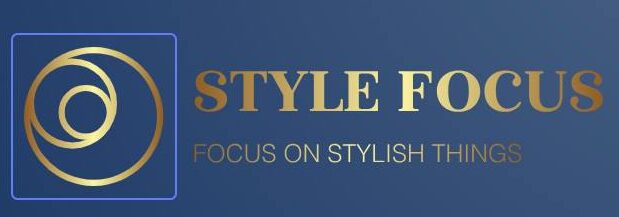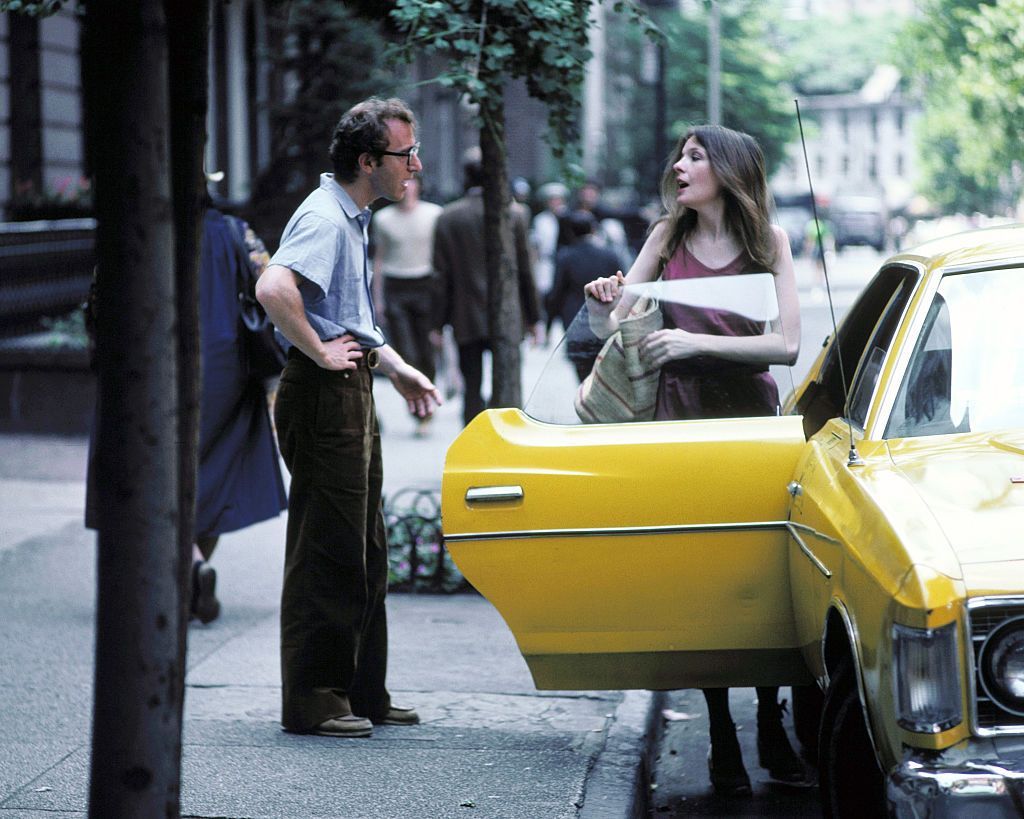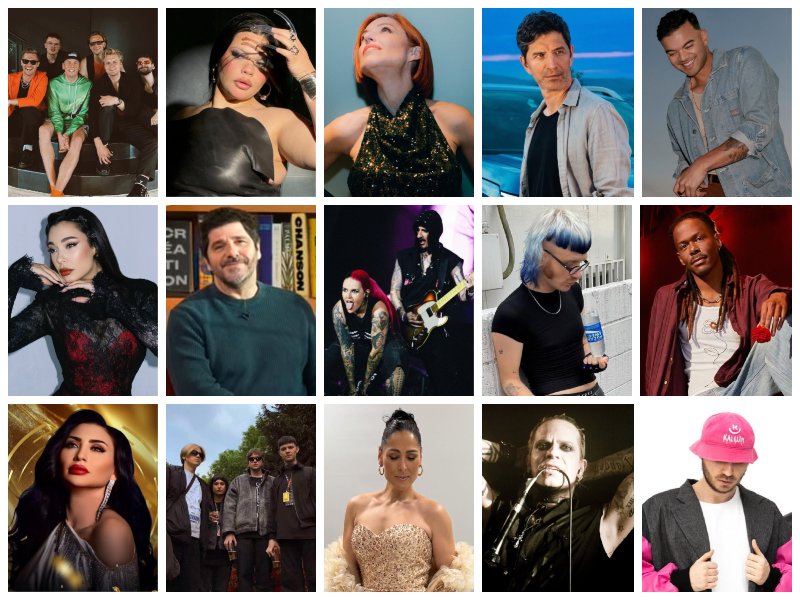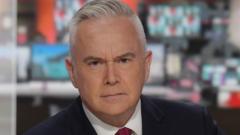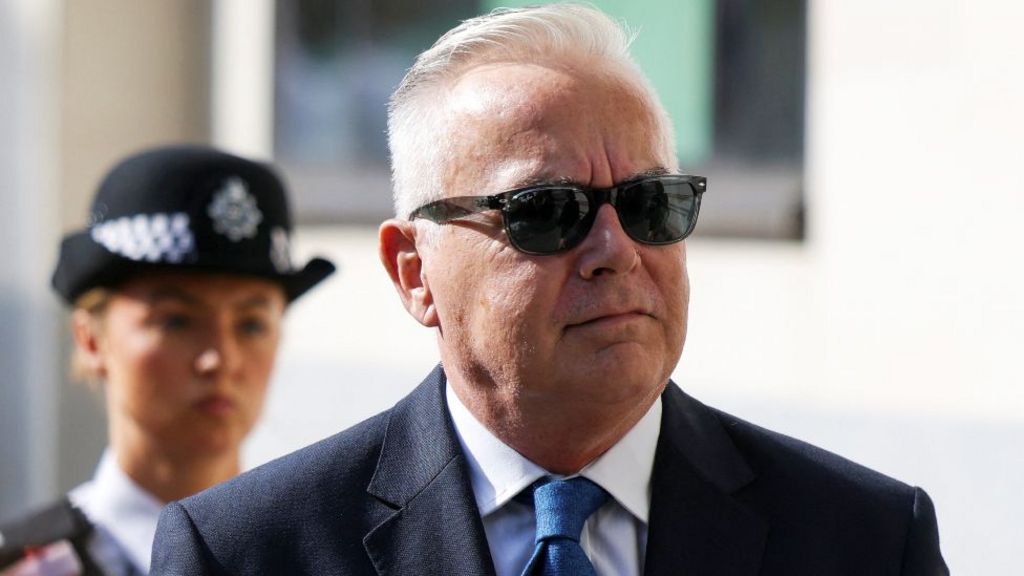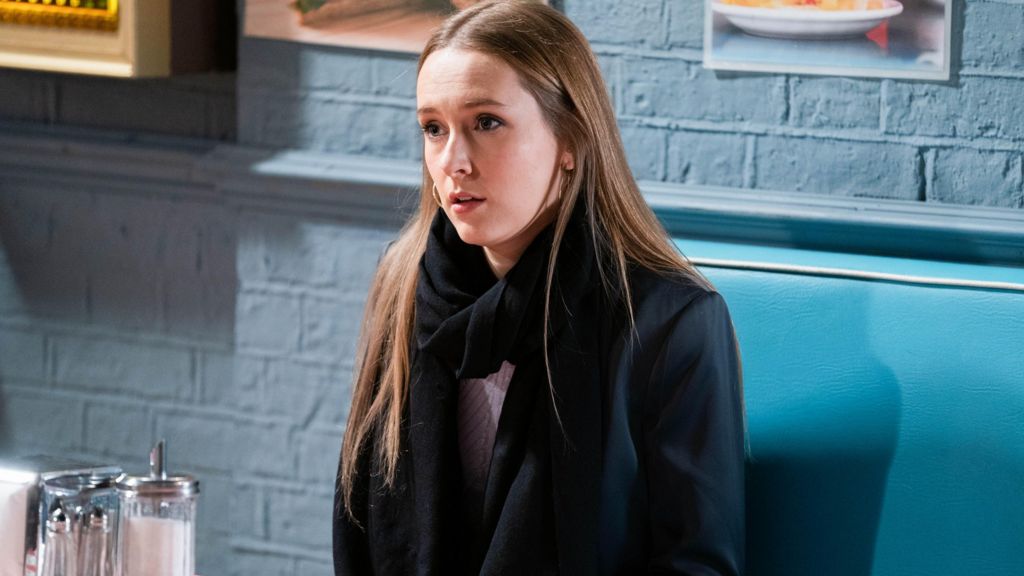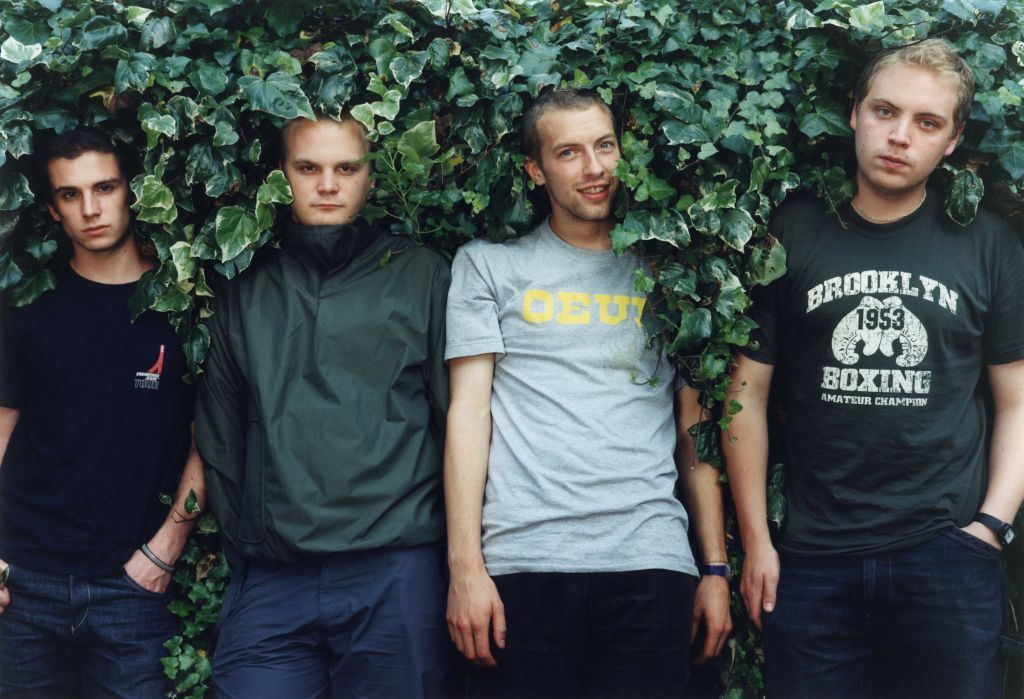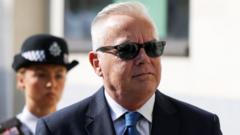
BBC knew severity of Huw Edwards allegations, says chief

The BBC director general has defended the decision not to sack Huw Edwards, despite knowing that the presenter had been arrested in November over the most serious category of indecent images of children.
In an interview with BBC News on Thursday, Tim Davie said the corporation had taken “difficult decisions in a fair and judicious manner”.
Asked about how much BBC managers were told in November, he said: “We knew it was serious, we knew no specifics, apart from the category of the potential offences.”
Meanwhile, the Culture Secretary Lisa Nandy raised a number of concerns with the BBC over its handling of their internal investigation, including the use of licence fee payers’ money, a spokesperson for her department said.
Edwards, formerly the BBC’s most high-profile newsreader, pleaded guilty on Wednesday to three counts of making indecent images of children.
Although the BBC knew of the severity of the alleged offences, Mr Davie said the police had not told the corporation the details.
BBC bosses were not aware of the ages of the children in the images.
When the charges ultimately came to light earlier this week, Mr Davie said: “We were very shocked. No-one knew about the specifics of what we heard over the last few days, which have been deeply disturbing.”
Asked by the BBC’s David Sillito why Edwards could not have been sacked at the time of his arrest, Mr Davie replied: “Because the police came to us and said they need to do their work in total confidence, [and said], ‘please keep this confidential’.”
Edwards had not been charged at that point and it was still possible he would be cleared, Mr Davie noted.
“We thought long and hard about this. This wasn’t a kneejerk decision. When you think about this in terms of precedent, people do get arrested, and then we’ve had situations where [there are] no charges, and there’s nothing there to be followed up on.”
He said the corporation also had to consider its duty of care to Edwards.
“When it comes to the decision we made in November, we were obviously faced with a difficult decision, and we considered it very carefully,” Mr Davie said.
“The police… wanted to be assured of total confidence, and the reason they rung us at that point, it’s a technical process to ensure employees are protected and there’s no risk.”
He added: “Another factor at this point was very significant duty of care considerations. I think it was right for us to say we’d let the police do their business, and then when charges happen, we will act.”
Pay rise
Edwards received a £40,000 pay rise in the last financial year, despite being off air for most of it.
The director general said the pay rise dated from before any allegations.
“There was a [small] inflationary increase, which was standard stuff, but in terms of the big pay rise you saw in the annual report, that related to his work at the BBC, extending the scope of his work at the BBC, and that relates to February [2023], way before any allegations.”
Asked whether Edwards would still receive his pension, Mr Davie said it was “very difficult to claw back, nigh on impossible”, adding: “These are unfortunately the specifics of how it works.
“When it comes to pay, again, [it’s] legally challenging [to recover], but we’ll look at all options.”
Mr Davie was also challenged on the BBC’s own investigation into Edwards, which has not been published.
The director general said the BBC was “not sitting on anything that I think we need to share with the police, or is of a serious nature that would make me feel that we hadn’t followed up properly”.
He continued: “I can categorically say that when it comes to the offences we’ve seen, which are truly horrendous, any evidence that is out there is not in the hands of the BBC. If I saw evidence of that, that is not a complicated decision [to hand it over].”
The Metropolitan Police confirmed that it told the BBC in “strict confidence” about the arrest of Edwards on 8 November.
“Common law police disclosure (CLPD) is the established legal mechanism through which the police can inform an individual’s employer when they are arrested or alleged to have committed an offence,” a Met spokesman said.
“It is often used where the individual holds a position of trust/responsibility with the public.
“The information is provided in strict confidence in order to enable the individual’s employer to consider what risk mitigation measures might be necessary.”
On Thursday, Prime Minister Sir Keir Starmer said he was “shocked and appalled” by the charges against Edwards.
Later, a spokesperson for the Department for Culture, Media & Sport said Culture Secretary Ms Nandy was shocked by Edwards’ “abhorrent actions”.
The Statement continued: “The Secretary of State has spoken to the BBC to raise concerns on a number of points regarding the handling of their own investigations into Huw Edwards, what safeguards and processes had been followed in this case, and additionally, what further action may be taken, especially with regard to the handling of licence fee payers’ money.”
Ms Nandy is said to be concerned the incident could damage public trust and has asked to be kept updated on its progress.
Edwards admitted having 41 indecent images of children, which had been sent to him by a convicted paedophile, Alex Williams, on WhatsApp.
They included seven category A images, the most serious classification – two of which showed a child aged between about seven and nine.
After being arrested last November, Edwards was charged in June. He had been off air since July 2023, when he was suspended after being named as the star at the centre of different allegations involving an explicit photo.
Edwards resigned this April, which the BBC said at the time was on “medical advice”.
In a statement on Wednesday, the BBC said he would have been dismissed had he been charged while still employed.
Asked whether any figures in BBC News knew about the allegations before this week, Mr Davie confirmed CEO Deborah Turness was aware of an arrest at the time.
It was “a very small group of people at the centre” and “we had a very restricted list of names”, he said.
“When it comes to news, there was one name on it, the CEO of news, Deborah Turness. She isn’t involved editorially in the reporting of the story.”
Apart from Ms Turness, BBC News was not aware of the arrest nor charges against Edwards until they were made public on Monday. BBC News is editorially independent when reporting on the BBC.
